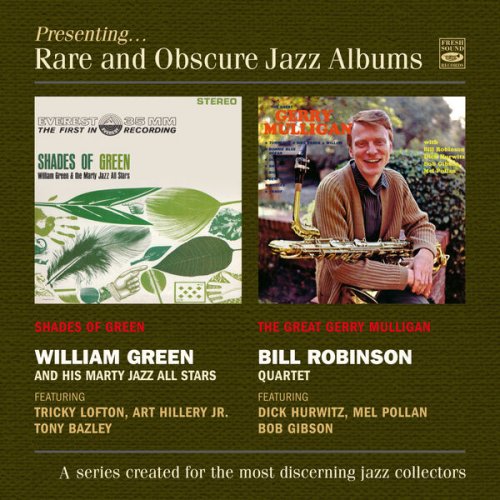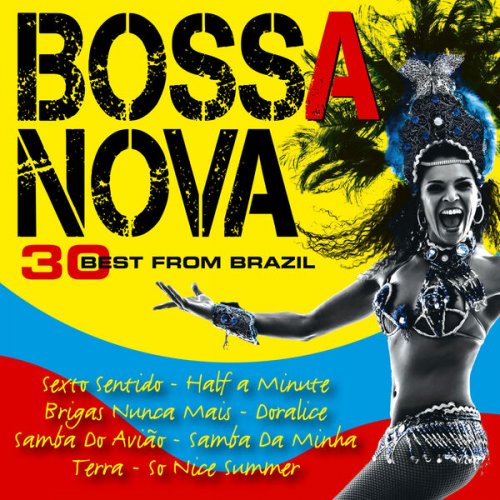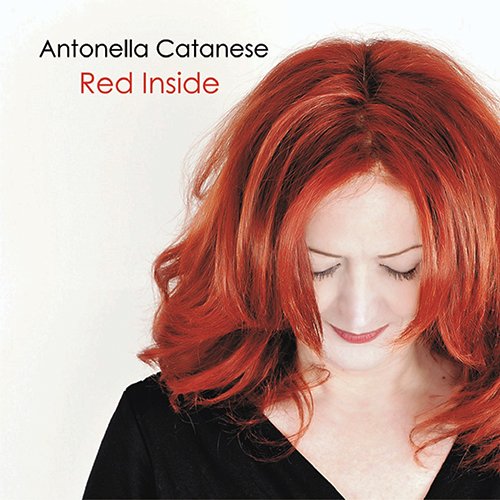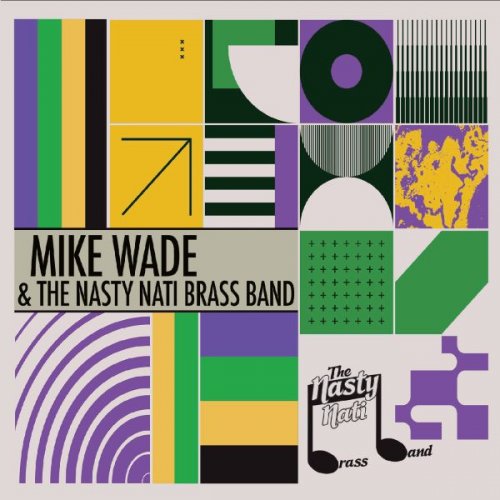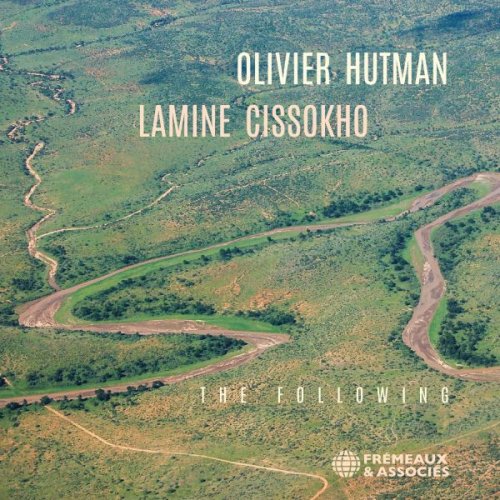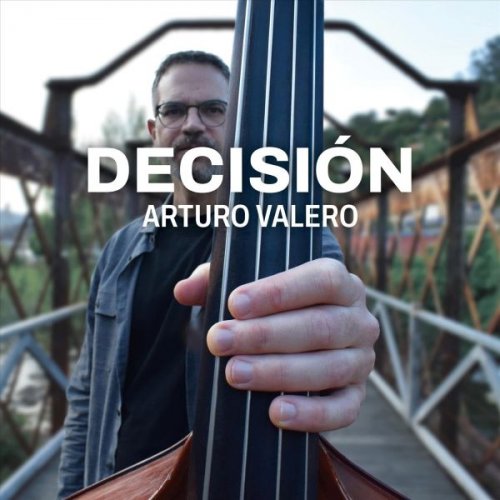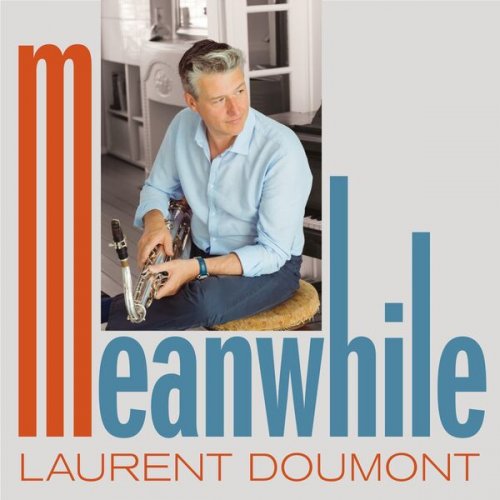Irina Muresanu - Four Strings Around the World (2018) [DSD & Hi-Res]
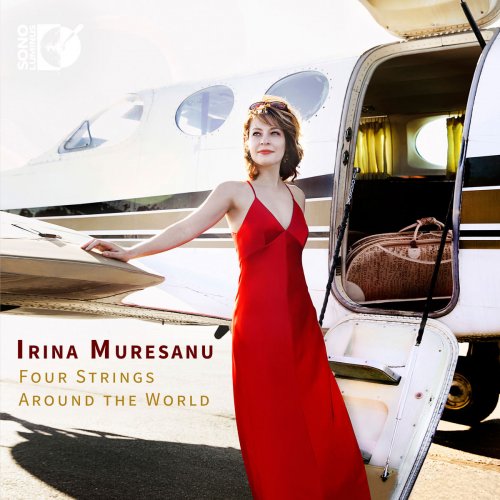
Artist: Irina Muresanu
Title: Four Strings Around the World
Year Of Release: 2018
Label: Sono Luminus
Genre: Classical
Quality: flac lossless / flac 24bits - 192.0kHz / DSD64 +Booklet
Total Time: 01:16:21
Total Size: 362 mb / 2.5 / 3.03 gb
WebSite: Album Preview
TracklistTitle: Four Strings Around the World
Year Of Release: 2018
Label: Sono Luminus
Genre: Classical
Quality: flac lossless / flac 24bits - 192.0kHz / DSD64 +Booklet
Total Time: 01:16:21
Total Size: 362 mb / 2.5 / 3.03 gb
WebSite: Album Preview
01. Airs in Romanian Folk Style: I. Moderato: Molto rubato
02. Airs in Romanian Folk Style: II. Allegro giusto
03. Airs in Romanian Folk Style: III. Andante
04. Airs in Romanian Folk Style: IV. Allegro giocoso
05. Tar Éis an Caoineadh': Tar Éis an Caoineadh'
06. 24 Caprices for Solo Violin, Op. 1, MS 25: 24 Caprices, Op. 1: No. 24 in A Minor: Tema quasi presto-11 Variations-Finale
07. Recitative & Scherzo-caprice, Op. 6: Recitative and Scherzo-Caprice, Op. 6
08. Violin Partita No. 2 in D minor, BWV 1004: V. Ciaccona
09. Calligraphy No. 5 (version for violin): Calligraphy No. 5 (version for violin)
10. Vák: I. Alap
11. Vák: II. Jor
12. Vák: III. Jhalla
13. The Stream Flows: II. —
14. 6 Tango Études: Tango-Étude No. 3
15. Oshta (Four): Oshta (Four)
16. The Cricket Dance: The Cricket Dance
![Irina Muresanu - Four Strings Around the World (2018) [DSD & Hi-Res]](https://www.dibpic.com/uploads/posts/2021-10/1633426848_irina-muresanu-four-strings-around-the-world-2018-back.jpg)
It all started when I tackled Mark O'Connor's "Cricket Dance." It is a short, straightforward tune that requires the skills of an intermediate player, and yet it took me an absurdly long time to learn. To put things in context: I was capable of learning whole violin concertos in a matter of weeks, so why was the O'Connor piece so hard to get under my fingers? Could it have been because it was written in a musical style completely different than my classical training? And if so, how many more different languages were there outside of the traditional/standard repertoire? With this idea, I started my exploration of works reflecting the ways the violin (including its ancestors and relatives) is employed in musical settings worldwide. What resulted is Four Strings Around the World, a celebration of diverse cultures refracted through the unifying voice of solo violin, a project which immersed me in sounds and colours I didn't even realize could be produced by my own instrument. I thought it fitting to start the journey in Romania, my native country, and end it in the United States, where I now live, work and have a family. Scouting for solo violin works inspired by Persian, Irish and Chinese folklore was not an easy feat, but I was fortunate to discover eminent composers such as Reza Vali, Dave Flynn, and Bright Sheng, who draw inspiration from the music of their own nations. I was afraid I had hit a dead-end when my research didn't turn up any pieces inspired by Indian music (inherently improvisational) or Native American music. But then it dawned on me that this was the perfect opportunity to commission and enrich the solo violin repertoire. I am therefore forever grateful to composers Shirish Korde and Jerod Impichchaachaaha' Tate, who wrote for me pieces inspired by, respectively, Indian ragas and a Native American hymn. To stay true to my own roots, I built the program around two summits of the violin repertoire, iconic pieces that I felt could not be omitted from this recording: the Paganini 24th Caprice and the Bach Chaconne. Kreisler's "Recitativo and Scherzo" embodies the inimitable Viennese spirit and was suggested to me by my beloved teacher, Michèle Auclair many years ago. I have been playing it ever since and it is my homage to her legacy. Putting this program together and bringing it to life has been a considerable challenge requiring a steep learning curve. But I have had the time of my life. Thank you for joining me in this musical journey!' - Irina Muresanu
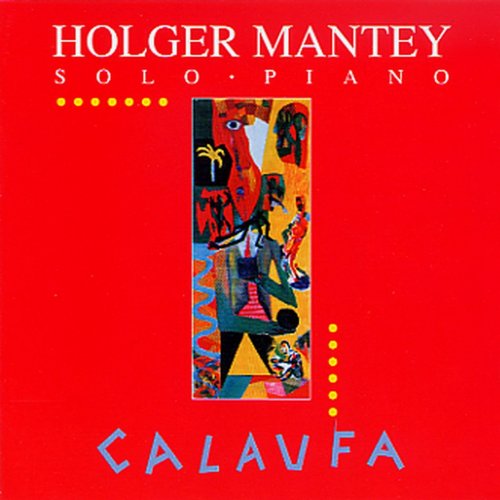
![El Calefón - Salir Del Agujero (2026) [Hi-Res] El Calefón - Salir Del Agujero (2026) [Hi-Res]](https://img.israbox.com/img/2026-02/26/sm3fq4x280rjvn4eh85ksne6j.jpg)
